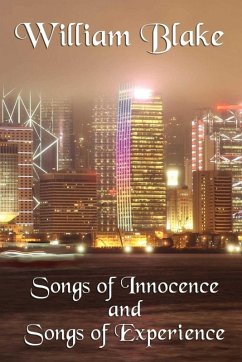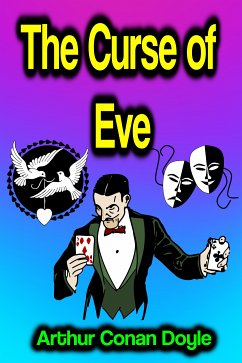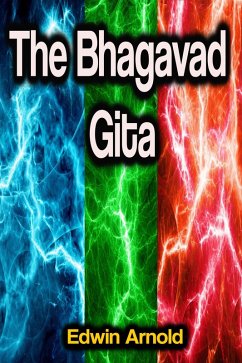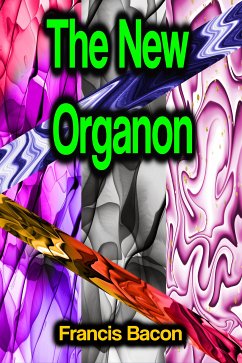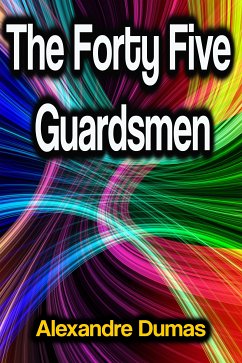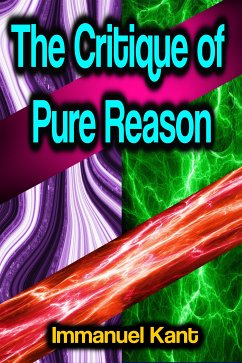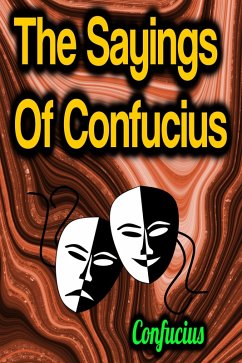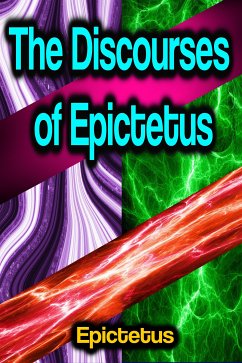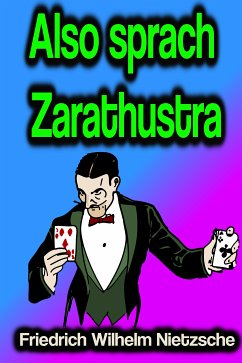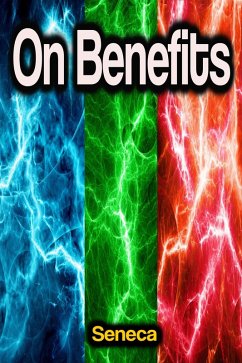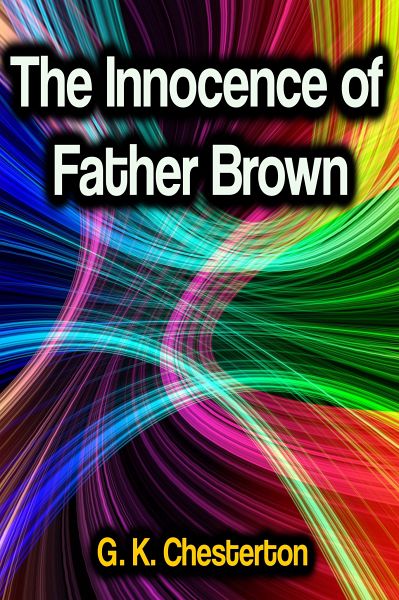
The Innocence of Father Brown (eBook, ePUB)

PAYBACK Punkte
0 °P sammeln!
The Innocence of Father Brown G. K. Chesterton - Father Brown, an ordinary priest whose unremarkable exterior conceals extraordinary crime-solving ability, is celebrated for his solutions to metaphysical mysteries, a genre perfected by his creator, G. K. Chesterton. More than lighthearted comedies built around puzzling crimes, these superbly written tales contain deeply perceptive philosophical reflections.
Dieser Download kann aus rechtlichen Gründen nur mit Rechnungsadresse in A, B, BG, CY, CZ, D, DK, EW, E, FIN, F, GR, H, IRL, I, LT, L, LR, M, NL, PL, P, R, S, SLO, SK ausgeliefert werden.




